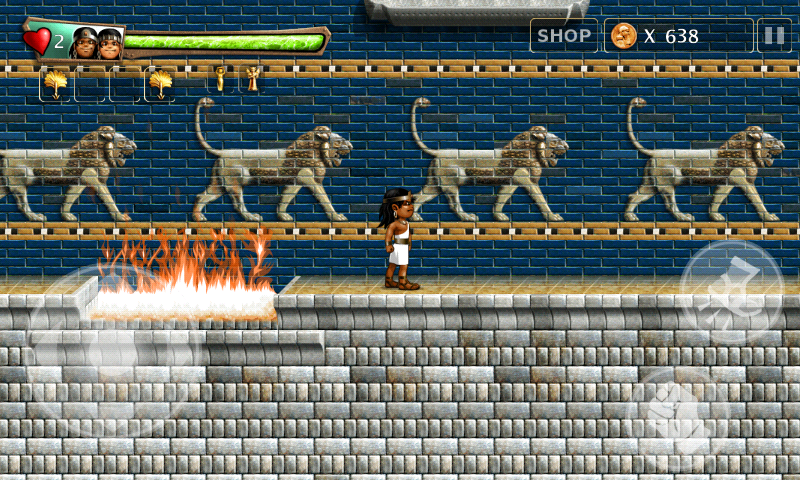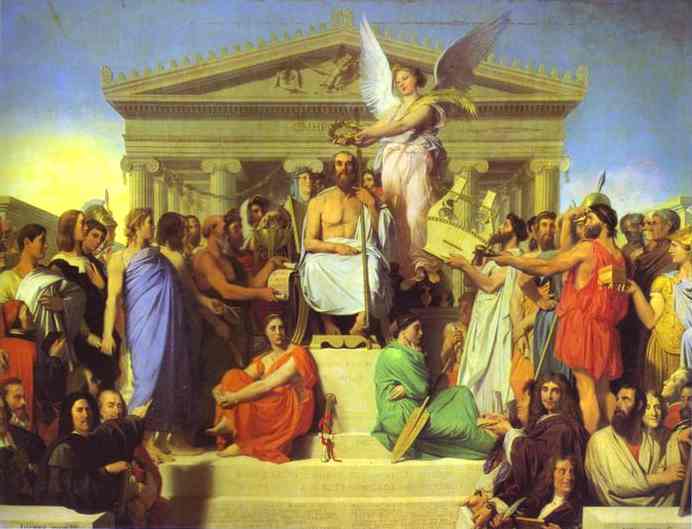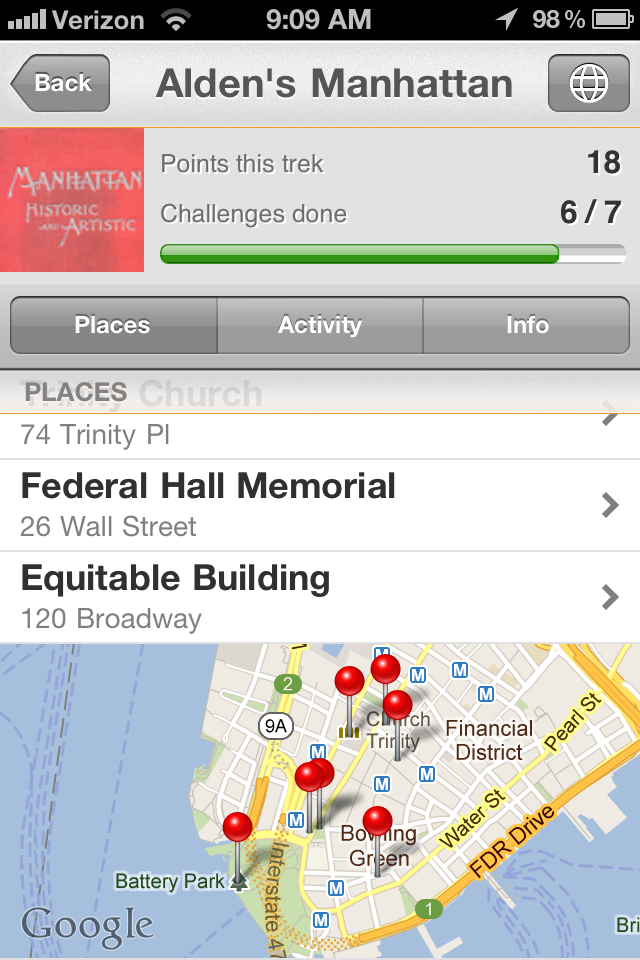The Big Break of BioShock, part 1
What separates someone who’s just playing HALO or BioShock to fill a few hours of his or her time from someone who’s “doing humanities” by performing within a ruleset that goes back to homeric epic or Platonic philosophy? On one extremely important level, nothing. As I’ve demonstrated in previous postsContinue Reading
Epic Life: Back to Bungie 3
With the notion of playing HALO as doing humanities broached, it’s time to discuss the precise nature of the humanistic study in which HALO-players engage. Several times already I’ve alluded to the fashioning of Western selves. In this post, I’ll read a single performance moment of HALO: Combat Evolved within aContinue Reading
Better Folklore through Alchemy
For my birthday this past October, my girlfriend bought me a copy of Skyrim for XBox. For those not familiar, Skyrim is the latest installment of the ‘Elder Scrolls’ series of open-world role playing games set in a Dungeons and Dragons-informed mythic backdrop. It’s a standard RPG, where the playerContinue Reading
Stranger in These Parts After Action Report: Did We Learn Anything?
There are things you can do, and can’t do, to undergraduate students, I’ve discovered. Recently heard in class: Math? You want us to do math? But… but… we’re history students! This of course is my continuing digital antiquity class, ‘Cities and Countryside in the Ancient World’. I have them playingContinue Reading
Epic Life: Back to Bungie 2
The proposition with which I closed my last post, that we might get gamers to read Sophocles, seems, to be sure, wildly impractical. So let me backpedal on that a bit, and try to lead up to it along another path. What if we got them to play HALO? Here’sContinue Reading
The Babylon of Babylonian Twins
Thanks to the game Babylonian Twins, iPhone and Android users can explore creative renditions of monuments in and near ancient Babylon, including the legendary hanging gardens, the Ishtar gate and processional way, and the ziggurat some believe to be the Biblical Tower of Babel. As players guide the twin princes Nasir andContinue Reading
Epic Life: Back to Bungie 1
In my last few posts I’ve outlined a massive undertaking: convince the gamers of today (in the Warkian sense, really, of everybody who practices in modern culture, with the caveat that Plato recognized the same dimension of culture 2500 years ago) to be humanists through a demonstration that their livesContinue Reading
The New Science: Playing the Scientific Revolution
I was very excited to see The New Science from Conquistador Games on Kickstarter. Not only does it look like a really cool game, it is also a neat model of the history of the scientific revolution. One of the creators, Dirk Knemeyer, was kind enough to sit down withContinue Reading
Epic Life: agon
In this post I continue on from the notion I oultined in my last one that a ludic understanding of a much broader range of cultural activity than we generally place under the rubric “play” might let us use Gregory Nagy’s insights into the interaction of rulesets and performances toContinue Reading
Using SCVNGR to Build Playful, Mobile History “Treks”
Each year, over 40 million people travel to see the sights in New York City. I see tourists everyday; they arrive by bus, train, and plane, find a place to stay, take their chances on the subway and/or hail taxi cabs, and spend time visiting museums, monuments, restaurants, and bars.Continue Reading




